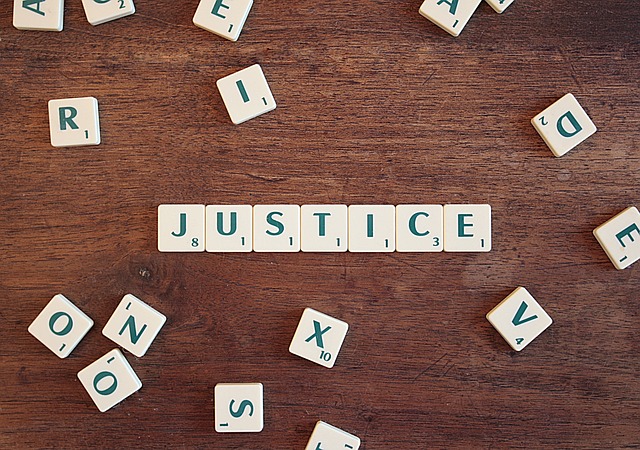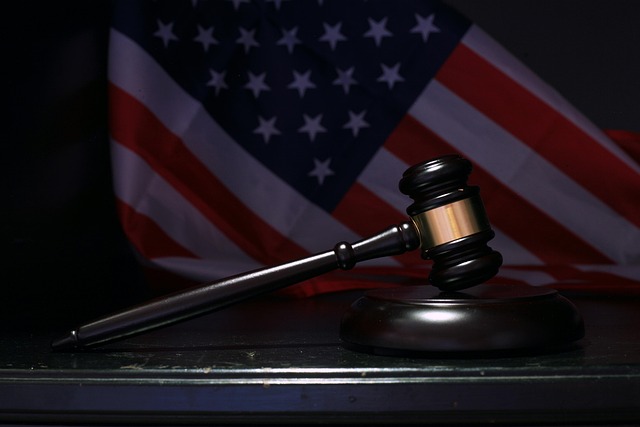Environmental crime trials are complex legal battles that require a delicate balance between holding perpetrators accountable and ensuring fairness under the Sixth Amendment Rights in Court. White-collar defense attorneys play a crucial role in exposing and punishing offenders, from polluters to fraudsters, using rigorous cross-examinations and strategic arguments. While these rights are vital for justice, multinational corporations often leverage legal loopholes and delay strategies. To expedite justice without sacrificing due process, innovative solutions like specialized public interest firms or community-based defense initiatives, along with reforms to grand jury procedures, may be necessary.
- Understanding Environmental Crime Trials: A Glimpse into Legal Proceedings
- The Sixth Amendment Rights of Accused Individuals in These Cases
- Challenges and Implications for Future Environmental Justice
Understanding Environmental Crime Trials: A Glimpse into Legal Proceedings

Environmental crime trials, a specialized legal arena, delve into complex issues where environmental regulations and criminal law intersect. These proceedings are crucial in holding individuals and corporations accountable for ecocidal acts, offering justice to affected communities. The Sixth Amendment Rights in Court play a pivotal role in ensuring fairness and achieving extraordinary results. Across the country, white-collar defense attorneys navigate these intricate cases, challenging evidence and legal precedents to protect their clients’ rights.
Through robust cross-examinations and strategic legal arguments, these trials aim to unravel the complexities of environmental crimes, from pollution and habitat destruction to fraudulent ecological practices. The outcome not only punishes offenders but also serves as a deterrent for future transgressions, fostering a sense of environmental stewardship and justice across communities.
The Sixth Amendment Rights of Accused Individuals in These Cases

In environmental crime trials, the Sixth Amendment rights of accused individuals play a crucial role in ensuring fair procedures and just outcomes. These rights guarantee defendants the assistance of counsel, the right to be present at trial, and protection against self-incrimination—all essential components for a winning challenging defense verdict. The general criminal defense strategy often involves thoroughly examining evidence, challenging witness testimonies, and presenting mitigating factors that may sway the jury’s perception.
Environmental cases, however, can be complex, involving intricate scientific data and technical expertise. Accused individuals must navigate these complexities with the aid of competent legal counsel, who can translate scientific findings into understandable arguments for the court. The support of philanthropic and political communities can also play a significant role in funding robust defenses and raising awareness about environmental justice issues, ultimately fostering a fairer legal landscape.
Challenges and Implications for Future Environmental Justice

Environmental crime trials present unique challenges for achieving environmental justice. As complex cases often involve multinational corporations and intricate legal loopholes, ensuring access to justice for affected communities can be difficult. One significant hurdle is the potential conflict between protecting Sixth Amendment rights in court and securing swift action against polluters. Defendants may employ tactics like delaying strategies or challenging evidence admissibility, which, while crucial for a fair trial, can prolong legal processes, causing further environmental harm.
The implications for future environmental justice require a balance between upholding constitutional rights and expediting justice. Effective solutions might involve innovative approaches to legal representation, such as specialized public interest firms or community-based defense initiatives. Additionally, reforms in grand jury procedures, including clearer guidelines on when to avoid indictment based on general criminal defenses, could streamline the process while ensuring due process.
Environmental crime trials, as a burgeoning field, present unique challenges in upholding the Sixth Amendment rights of accused individuals while navigating complex environmental issues. As these cases gain prominence, understanding and addressing these legal complexities are vital for ensuring environmental justice. By examining the current landscape and identifying potential pitfalls, we can work towards refining legal proceedings to protect both the environment and the rights of those involved.






